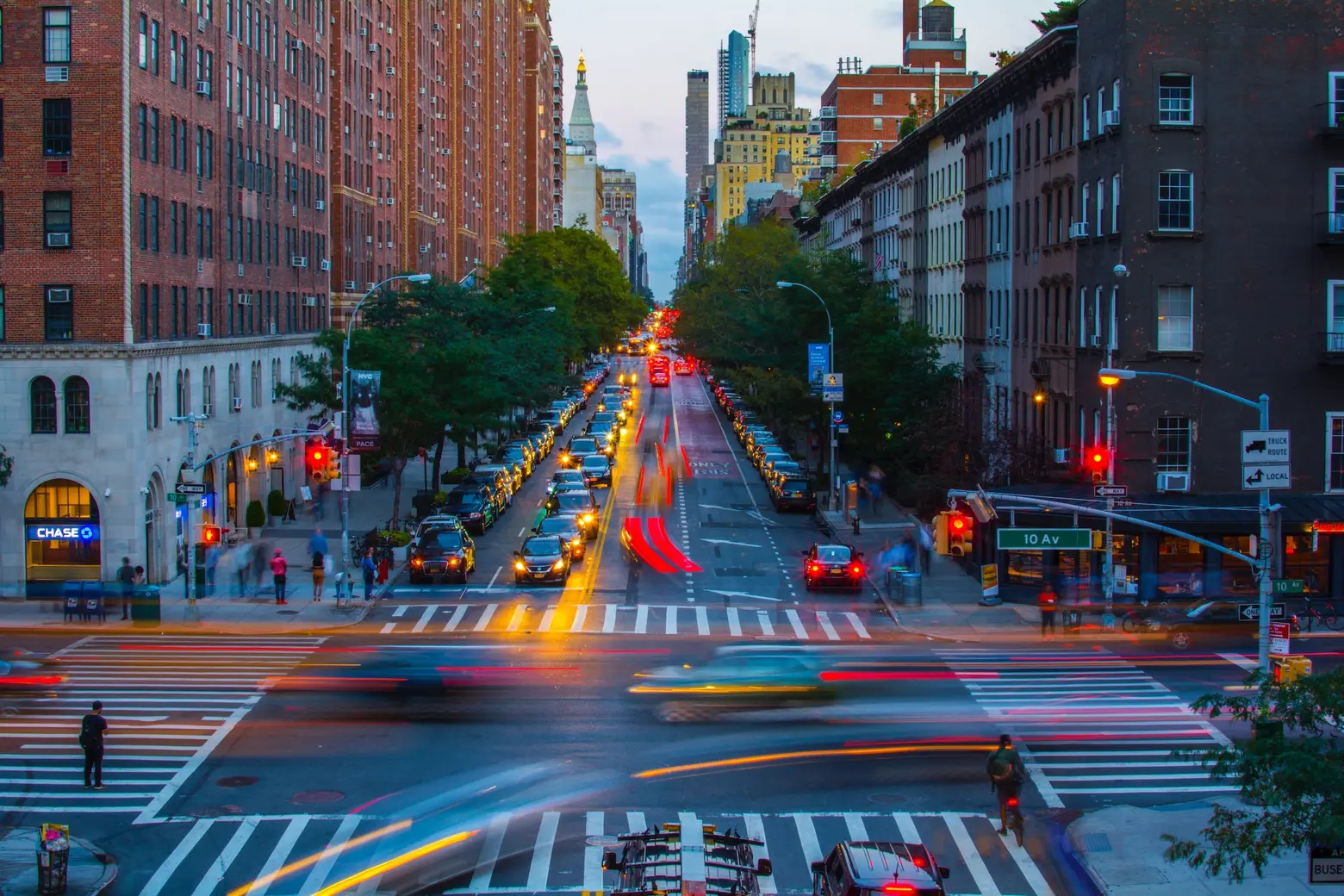NYC’s congestion pricing program gets final federal approval

Photo by Jesús Mirón García on Pexels
New York City’s congestion pricing program is officially moving forward. The Federal Highway Administration on Monday approved the Central Business District Tolling Program, the nation’s first congestion pricing plan, which will charge drivers entering Manhattan south of 60th Street during peak hours between $9 and $23 for non-commercial vehicles and between $12 and $82 for trucks. The Metropolitan Transportation Authority says the program could begin as early as May 2024.
“Congestion pricing will reduce traffic in our crowded downtown, improve air quality and provide critical resources to the MTA,” Gov. Kathy Hochul said. “I am proud of the thorough Environmental Assessment process we conducted, including responding to thousands of comments from community members from across the region. With the green light from the federal government, we look forward to moving ahead with the implementation of this program.”
Following a 30-day public review period, the FHWA concluded the planned program would have no adverse effects on the environment and that a more in-depth study of its environmental impact was unnecessary, according to Reuters.
The federal government’s approval allows the plan’s sponsors to bring their application before the U.S. agency’s Value Pricing Pilot Program which “provides transportation agencies with options to manage congestion through tolling and other pricing mechanisms,” the FHWA stated.
The program is designed to drive truck traffic out of Manhattan’s most congested areas from 6 a.m. to 8 p.m. on weekdays and 10 a.m. to 10 p.m. on weekends. The MTA’s analysis of the program estimates that the CBD will decrease truck traffic between 55 and 81 percent, as 6sqft previously reported.
The new toll is projected to generate roughly $1 billion in annual revenue for the MTA.
The plan has faced staunch opposition from New Jersey officials and out-of-towners who don’t want to have to pay to drive in Manhattan.
Gov. Phil Murphy said he fears the program will be unfair to Garden State residents who commute to the city for work and that an increase in the number of public transit commuters would put a strain on the state’s bus, rail, and PATH systems.
According to Bloomberg, Murphy has hired a team to explore all legal options.
Taxi and ride-share drivers were concerned the congestion pricing program could lead to fare increases that might lower the demand for taxis and ride-share services. But as part of requirements issued by the FHWA last month, taxis, Ubers, and Lyfts can only be charged a toll once per day.
The FHWA also mandated that drivers who make $50,000 per year or less get a 25 percent discount if they travel through the zone more than 10 times in a month.
A congestion pricing program was first proposed by former Mayor Michael R. Bloomberg in 2007 but was struck down in 2008 by the state legislature, according to the New York Times. The plan was reintroduced again by former Gov. Andrew Cuomo and approved in 2019 as part of the state’s $175 billion fiscal year 2020 budget deal.
The MTA released its final environmental assessment of the CBD in August 2022 after years of delays due to political infighting between New York officials and former President Donald Trump, according to Politico. MTA officials have claimed that the former president held up the review process in retaliation for former Gov. Cuomo’s refusal to give driver’s license records to federal immigration authorities.
In May, the FHWA approved the environmental assessment of its proposed CBD, which gave way to a 30-day public review before final approval could be granted.
RELATED:




























